Melissa Chapman
Heterogenous graph neural networks for species distribution modeling
Mar 14, 2025Abstract:Species distribution models (SDMs) are necessary for measuring and predicting occurrences and habitat suitability of species and their relationship with environmental factors. We introduce a novel presence-only SDM with graph neural networks (GNN). In our model, species and locations are treated as two distinct node sets, and the learning task is predicting detection records as the edges that connect locations to species. Using GNN for SDM allows us to model fine-grained interactions between species and the environment. We evaluate the potential of this methodology on the six-region dataset compiled by National Center for Ecological Analysis and Synthesis (NCEAS) for benchmarking SDMs. For each of the regions, the heterogeneous GNN model is comparable to or outperforms previously-benchmarked single-species SDMs as well as a feed-forward neural network baseline model.
Pretty darn good control: when are approximate solutions better than approximate models
Aug 25, 2023Abstract:Existing methods for optimal control struggle to deal with the complexity commonly encountered in real-world systems, including dimensionality, process error, model bias and data heterogeneity. Instead of tackling these system complexities directly, researchers have typically sought to simplify models to fit optimal control methods. But when is the optimal solution to an approximate, stylized model better than an approximate solution to a more accurate model? While this question has largely gone unanswered owing to the difficulty of finding even approximate solutions for complex models, recent algorithmic and computational advances in deep reinforcement learning (DRL) might finally allow us to address these questions. DRL methods have to date been applied primarily in the context of games or robotic mechanics, which operate under precisely known rules. Here, we demonstrate the ability for DRL algorithms using deep neural networks to successfully approximate solutions (the "policy function" or control rule) in a non-linear three-variable model for a fishery without knowing or ever attempting to infer a model for the process itself. We find that the reinforcement learning agent discovers an effective simplification of the problem to obtain an interpretable control rule. We show that the policy obtained with DRL is both more profitable and more sustainable than any constant mortality policy -- the standard family of policies considered in fishery management.
Reflections from the Workshop on AI-Assisted Decision Making for Conservation
Jul 17, 2023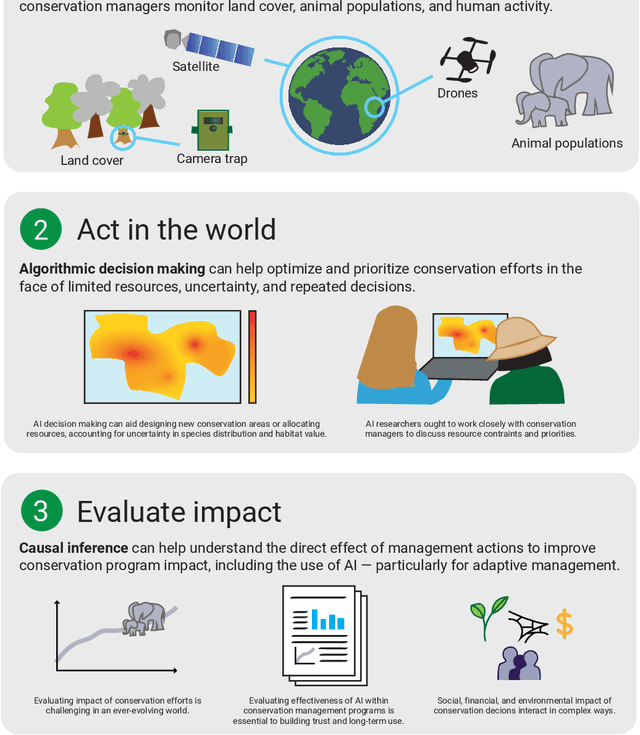
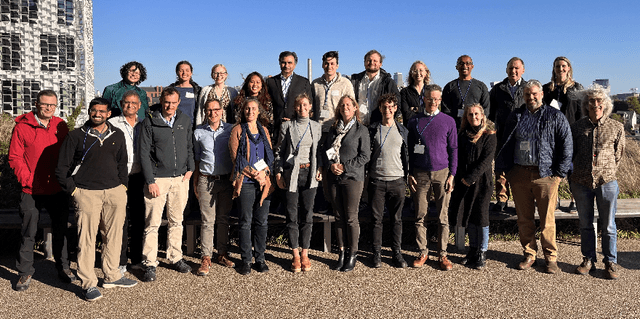
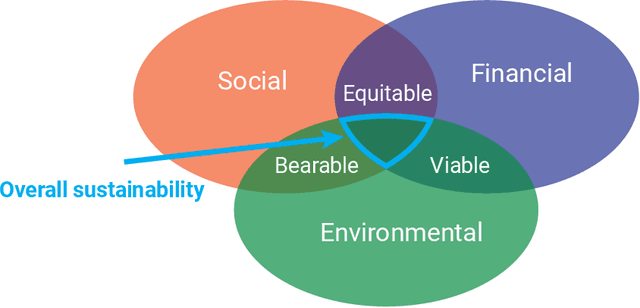
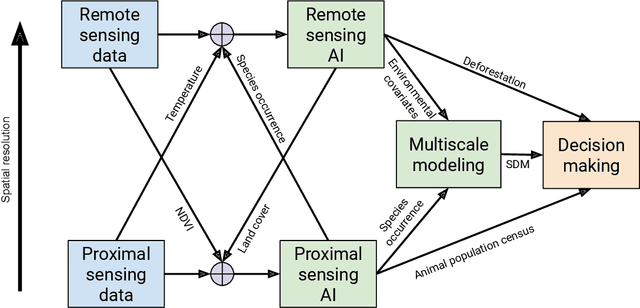
Abstract:In this white paper, we synthesize key points made during presentations and discussions from the AI-Assisted Decision Making for Conservation workshop, hosted by the Center for Research on Computation and Society at Harvard University on October 20-21, 2022. We identify key open research questions in resource allocation, planning, and interventions for biodiversity conservation, highlighting conservation challenges that not only require AI solutions, but also require novel methodological advances. In addition to providing a summary of the workshop talks and discussions, we hope this document serves as a call-to-action to orient the expansion of algorithmic decision-making approaches to prioritize real-world conservation challenges, through collaborative efforts of ecologists, conservation decision-makers, and AI researchers.
Power and accountability in reinforcement learning applications to environmental policy
May 22, 2022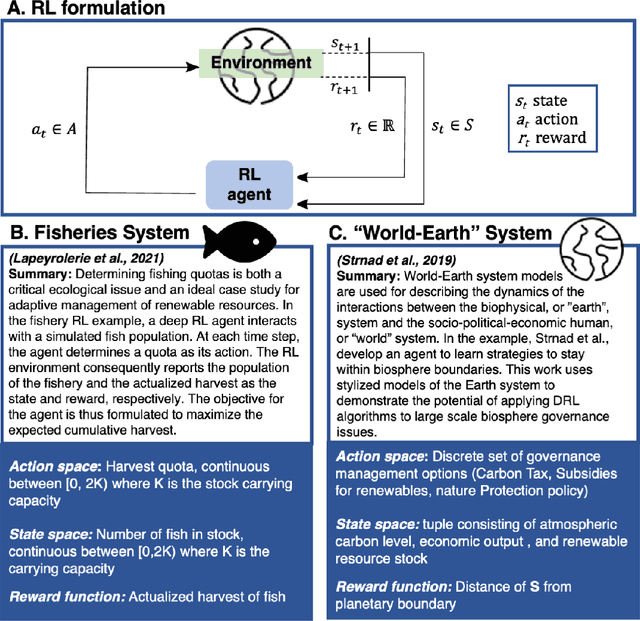

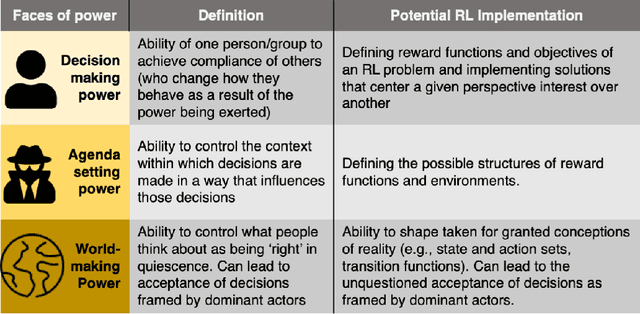
Abstract:Machine learning (ML) methods already permeate environmental decision-making, from processing high-dimensional data on earth systems to monitoring compliance with environmental regulations. Of the ML techniques available to address pressing environmental problems (e.g., climate change, biodiversity loss), Reinforcement Learning (RL) may both hold the greatest promise and present the most pressing perils. This paper explores how RL-driven policy refracts existing power relations in the environmental domain while also creating unique challenges to ensuring equitable and accountable environmental decision processes. We leverage examples from RL applications to climate change mitigation and fisheries management to explore how RL technologies shift the distribution of power between resource users, governing bodies, and private industry.
 Add to Chrome
Add to Chrome Add to Firefox
Add to Firefox Add to Edge
Add to Edge